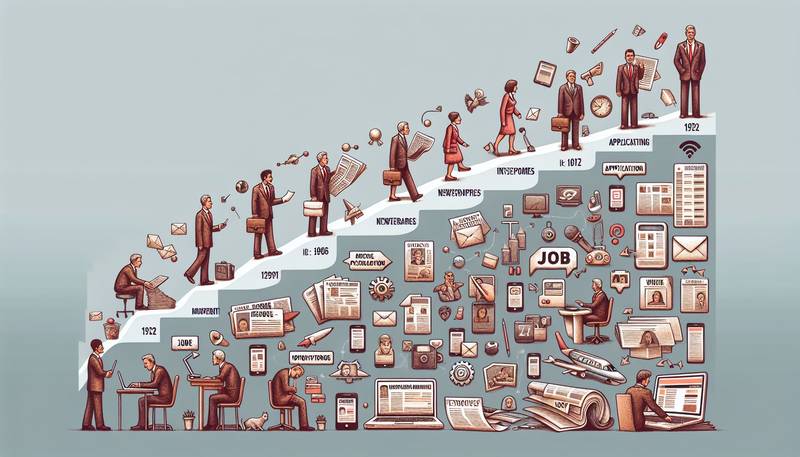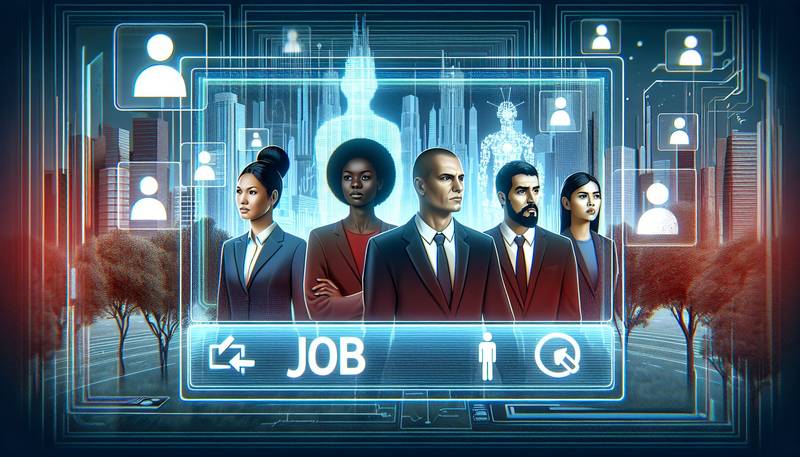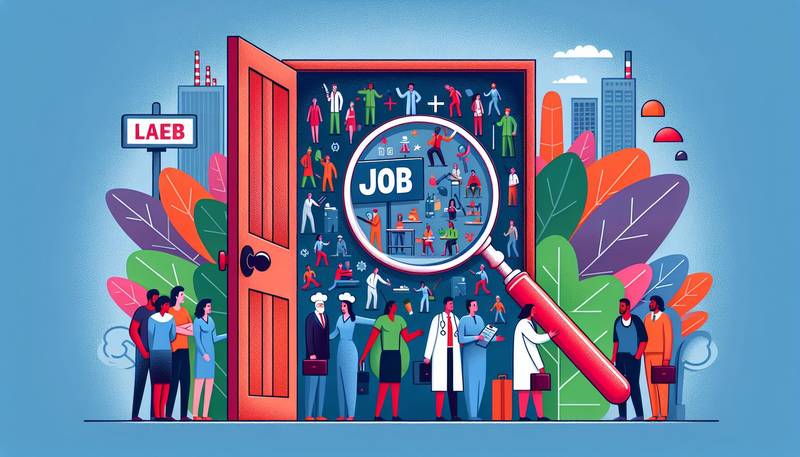The Evolution of the Job Search Process
In this article, we will explore the evolution of the job search process, from its traditional roots to its current state in the digital age.
The Traditional Job Search
Before the age of the internet and online job boards, job seekers relied on traditional methods to find employment. This typically involved browsing through classified ads in newspapers, networking through referrals, or physically visiting companies to inquire about job openings. The process was time-consuming and often limited in scope, as job seekers were restricted to local opportunities and had limited access to information about different industries and companies.
The Rise of Online Job Boards
With the advent of the internet, online job boards emerged as a game-changer in the job search process. Platforms like Monster, Indeed, and LinkedIn revolutionized the way job seekers could search for and apply to jobs, providing a central hub where companies could post job openings and candidates could upload their resumes. This increased visibility and accessibility dramatically expanded job opportunities for candidates, allowing them to apply to positions across different industries and geographic locations with just a few clicks.
Networking in the Digital Age
Networking has always been a crucial aspect of the job search process, and the digital age has only enhanced its importance. Social media platforms like LinkedIn have made it easier than ever for professionals to connect with one another, build relationships, and uncover hidden job opportunities. Job seekers can now leverage their online networks to seek referrals, gather insights about companies, and showcase their skills and experience to potential employers. Networking in the digital age has leveled the playing field, enabling candidates to make meaningful connections and stand out in a crowded job market.
The Role of Artificial Intelligence
Artificial intelligence (AI) has also made its mark on the job search process, transforming the way companies recruit and evaluate candidates. AI-powered tools like Applicant Tracking Systems (ATS) and resume screeners have become standard in many companies, automating the initial stages of the hiring process and helping employers identify top talent more efficiently. Job seekers must now navigate through AI algorithms and optimize their resumes with relevant keywords to increase their chances of getting noticed by recruiters. While AI has its benefits in streamlining recruitment processes, it has also raised concerns about bias and discrimination in hiring practices.
Remote Work and the Gig Economy
The rise of remote work and the gig economy has further reshaped the job search landscape, offering new opportunities and challenges for job seekers. Technology has made it possible for individuals to work from anywhere in the world, opening up a global talent pool for companies and providing flexibility for employees. Gig platforms like Upwork and TaskRabbit have also enabled individuals to take on freelance assignments and project-based work, giving them more control over their schedules and income. Job seekers now have the option to pursue traditional full-time roles, remote positions, or gig opportunities, depending on their preferences and goals.
Conclusion
The job search process has come a long way from its traditional roots, evolving into a digital, interconnected experience that offers more opportunities and resources for job seekers. The rise of online job boards, social media networking, artificial intelligence, remote work, and the gig economy has transformed the way individuals find and secure employment. As technology continues to advance and workplace trends evolve, it is essential for job seekers to stay informed, adaptable, and proactive in navigating the ever-changing job market. By leveraging the tools and resources available in the digital age, candidates can position themselves for success and find meaningful opportunities that align with their career aspirations.











